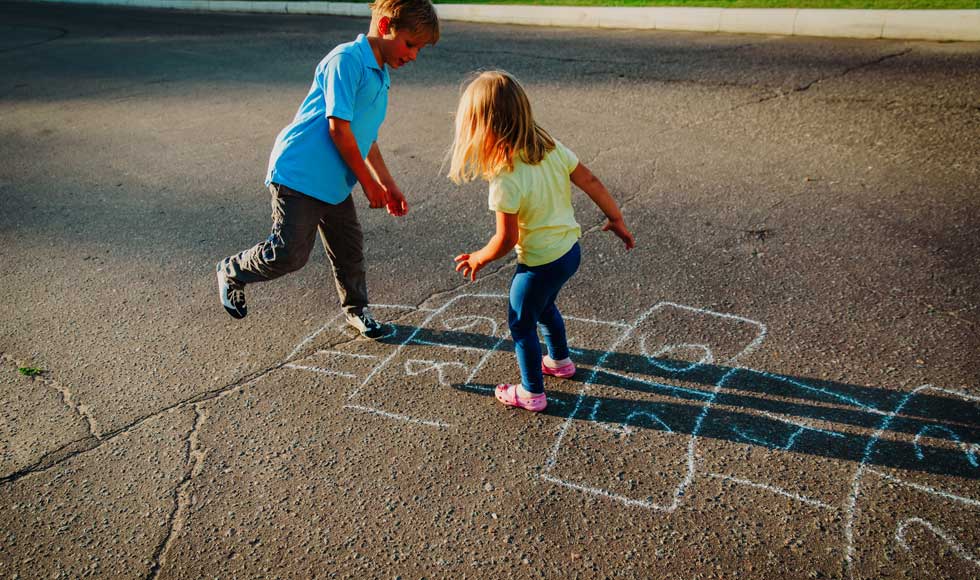
- Health hub/
- Kids Health/
- Ready, steady, school!


Is your child ready?
Legal guidelines vary but most children in Australia and New Zealand need to start school by the age of six years old although in NSW for example, it’s possible to begin as early as four. Age is obviously a good measure of readiness but there are many factors that can be used to gauge whether a child will cope in a school environment or not including:
Language skills
Reasonable communication skills are critical. For example, a child needs to be able to understand and follow simple instructions as well as communicate and engage with teachers and other students.
Emotional maturity
Although there will be variance in socialisation levels between kids, it’s important for children starting school to be able to play and interact reasonably well with their classmates.
Concentration
Kids should be able to focus on short tasks and be prepared to deal with the demands of a structured learning environment.
Independence
Children need to show some independence i.e. that they can dress, eat and go to the toilet without adult supervision. Co-ordination and gross motor skills - such as being able to hold a pencil and cut with scissors, are other good school readiness indicators.
Overall wellbeing
Should a preschooler have prolonged periods of sickness, suffer a disability or trauma of any kind this may effect development and potentially school readiness. Expert advice should always be sought in such situations.
If most boxes are ticked and you are feeling reasonably confident that your child is well and truly ready for their big day but you want to make sure they put their best foot forward here are a few more simple ideas:
Take part in school transition schemes
Many kindergartens and child care centres run school readiness programs and parents should take advantage of these. If a child is not in any formal care before the age of five or six parents should take it upon themselves to familiarise kids with their chosen school - perhaps by arranging a visit in addition to attending any official orientation days. Getting children used to wearing a uniform and the idea of structured days is also a good way to prepare them.
Talk about what’s to be expected
Although some children will be excited others will be fearful about starting school. The best way to deal with a child that may be expressing mild or major anxiety on the subject is to talk through their fears. Little things like visiting school in advance and arranging a special drop off/ pick up spot as well as explaining what will happen in a typical day may help ease concerns. Reading books on the topic is also an ideal way to mentally prepare a child for their school initiation.
First days
Once at school there are also a number of small but significant ways that mums and dads can make the transition to school less taxing and more enjoyable including:
- Make sure a parent, grandparent or carer the child trusts is present to drop off and pick up a child until a child is reasonably well settled in.
- Don’t be late arriving or picking up, especially during the early weeks – it’s daunting enough as it is!
- Make sure you listen to kids if they want to talk about their day
- If a child refuses to volunteer any information about what happens at school, don’t force them. Check in with teachers if concerned but generally kids will talk when ready - if parents show an interest.
- Be flexible with routines as kids may feel more tired and grumpy than usual i.e. after school shopping or sporting commitments may need to be scaled back for a little while.
But the most critical element to a child’s successful adjustment to starting school is simply parental support and encouragement. No matter how easy or difficult the process may be for a little person, letting them know mum and dad are there to help navigate surpasses everything else!
References available upon request




